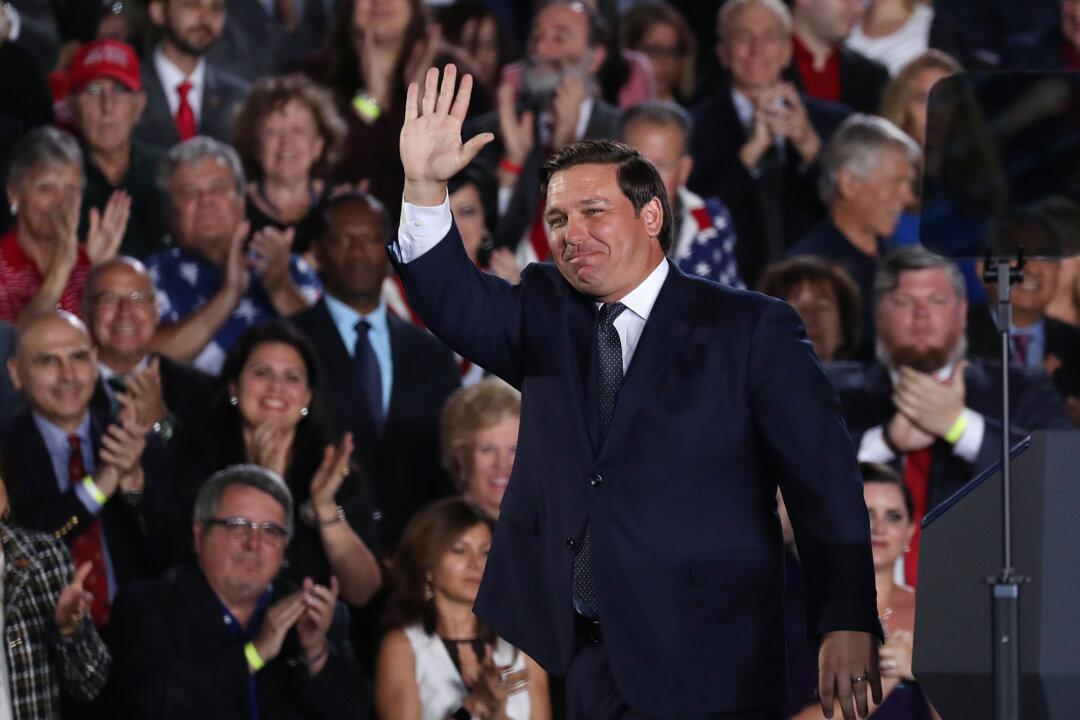School choice advocates are promoting a new study by the liberal Urban Institute that finds private K–12 schools in Florida produce significantly better outcomes for students than public schools, leading to a greater chance of private school students attending and graduating from college.
The study, which looked at the Florida Tax Credit (FTC) scholarship program, showed it generates “absolutely incredible results for low-income children, mostly of color,” said Tommy Schultz, national communications director for the American Federation for Children, America’s largest school choice advocacy organization.





